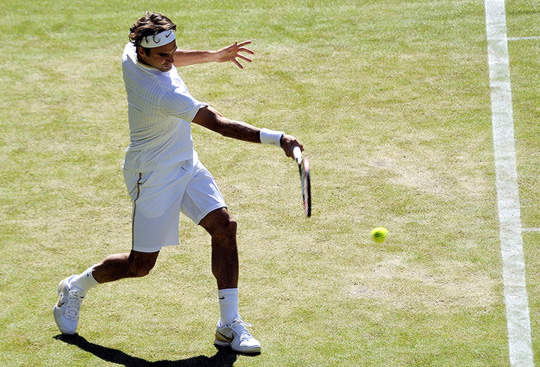
- For example, the number of hours of deliberate practice to first reach “master” status (a very high level of skill) ranged from 728 hours to 16,120 hours. This means that one player needed 22 times as much deliberate practice as another player to become a master.
- Deliberate practice left more of the variation in skill unexplained than it explained. For example, deliberate practice explained 26% of the variation for games such as chess, 21% for music, and 18% for sports.
- Researchers found that there was a stronger correspondence in drawing ability for the identical twins than for the fraternal twins. In other words, if one identical twin was good at drawing, it was quite likely that his or her identical sibling was, too.
- But it does imply that there are limits on the transformative power of practice. As Mosing and her colleagues concluded, practice does not make perfect.
- Jesse Owens, Marion Jones, and Usain Bolt, and found that, in all cases, they were exceptional compared with their competitors from the very start of their sprinting careers — before they had accumulated much more practice than their peers.
